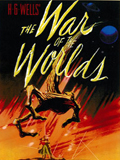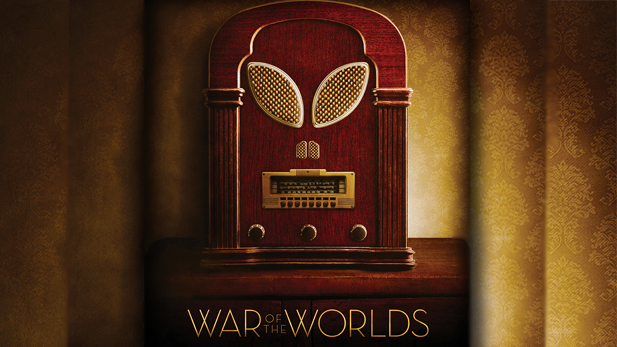In 1938, before famous director and actor Orson Welles had made any films, he produced a live radio adaptation of a novel by H.G. Wells as a Halloween special. The sense of drama that Welles and his acting troupe The Mercury Players instilled in the broadcast was the spark that caused a nationwide panic.
"Orson deliberately directed this so that it would copy the effects of the correspondents in Germany broadcasting over the radio," said Sheldon Metz, a writer, director and actor, suggesting that this fact lent the radio play a sense of realism. Early in his career, Metz was also a makeup artist, a job which led him to work alongside Orson Welles for three years, making him privy to many of Welles' personal stories about this historic event.

John Vornholt, a writer, director and actor, said that confusion over the broadcast's veracity was aided by timing.
While Orson Welles did provide a disclaimer at the top of the show explaining its dramatic intent, that introduction was missed by many people who tuned in late. That made it easier for them to believe that what they were hearing was coverage of a real extraterrestrial invasion.
"When you heard something on the radio back then, you really believed it 100 percent," Vornholt said. "People were just getting used to hearing everything as it was happening. Radio really, as we think of it, was only about 10 years old at the time."
On Tuesday, Oct. 29 at 9 p.m. on , the PBS documentary series American Experience will celebrate the 75th anniversary of Orson Welles' War of the Worlds broadcast, easily the most famous radio play in American history.


By submitting your comments, you hereby give AZPM the right to post your comments and potentially use them in any other form of media operated by this institution.